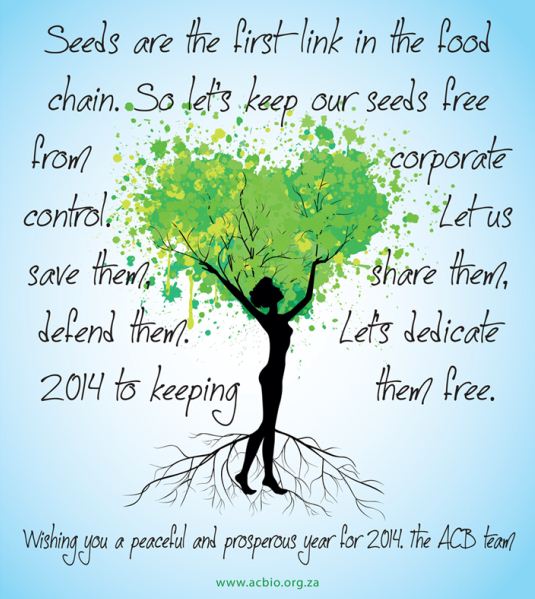ESAFF joins stakeholders to register concerns on the approval of seed trade regulations by COMESA

25/02/2014
The Eastern and Southern Africa small scale Farmers’ Forum – ESAFF in December 2013 joined hands with other like minded bodies to condemn COMESA approval of seed trade regulations terming it as a disaster for small farmers.
“The regulations turn a blind eye to small farmers and their traditional seed varieties. It does not contain any measures to safeguard the diversity on-farm and the continued maintenance of heterogeneous crop varieties, which is so vital to ensure food security and resilient food systems for the future,” noted the statement by the Alliance for Food Sovereignty in Africa, which ESAFF and other bodies signed regarding approval of COMESA of seed trade regulations in September 2013.
The Alliance for Food Sovereignty in Africa strongly condemned the approval during September 2013, by the Council of Ministers of the Common Market for East and Southern Africa (COMESA) of the draft COMESA Seed Trade Harmonization Regulations, 2013 .
The statement indicated that there was no evidence to demonstrate the involvement of and consultation with the citizens in COMESA countries, particularly small – scale farmers, despite numerous pleas to COMESA to consult with small farmers.
Accordingly, submissions made by CSOs and small-scale farmer representatives, to a COMESA workshop organized by the ACTESA during 27 and 28 March 2013 in Lusaka, Zambia containing concerns both about the flawed nature of the process and the implications of the regulations for small farmers and agricultural biodiversity in Africa, had pointedly been ignored.
The Alliance for Food Sovereignty noted that the COMESA Seed Regulations was based on the logic of the highly controversial, failed and hopelessly doomed Green Revolution model of agriculture.
“The COMESA Regulations are geared towards creating an enabling environment for massively increased private sector participation in seed trade in the COMESA region as it promotes only one type of seed breeding, namely industrial seed breeding involving the use of advanced breeding technologies,” noted the statement.
The statement also brought to light the fact that eight member states of COMESA are also member States of the
Southern African Development Community (SADC). “SADC itself has a set of Technical Agreements on Harmonisation of Seed Regulations in the SADC Region, that differ from the COMESA regulations in significant aspects, particularly relating to the registration of landraces and other local varieties and the registration of genetically modified varieties. The incompatibility between these regulations is a cause for concern and will no doubt give rise to a great deal of anomalies and confusion,” noted the statement.
For the full statement, http://swiftfoundation.org/2013/12/12/comesa-approval-of-seed-trade-regulations-disaster-for-small-farmers/






















